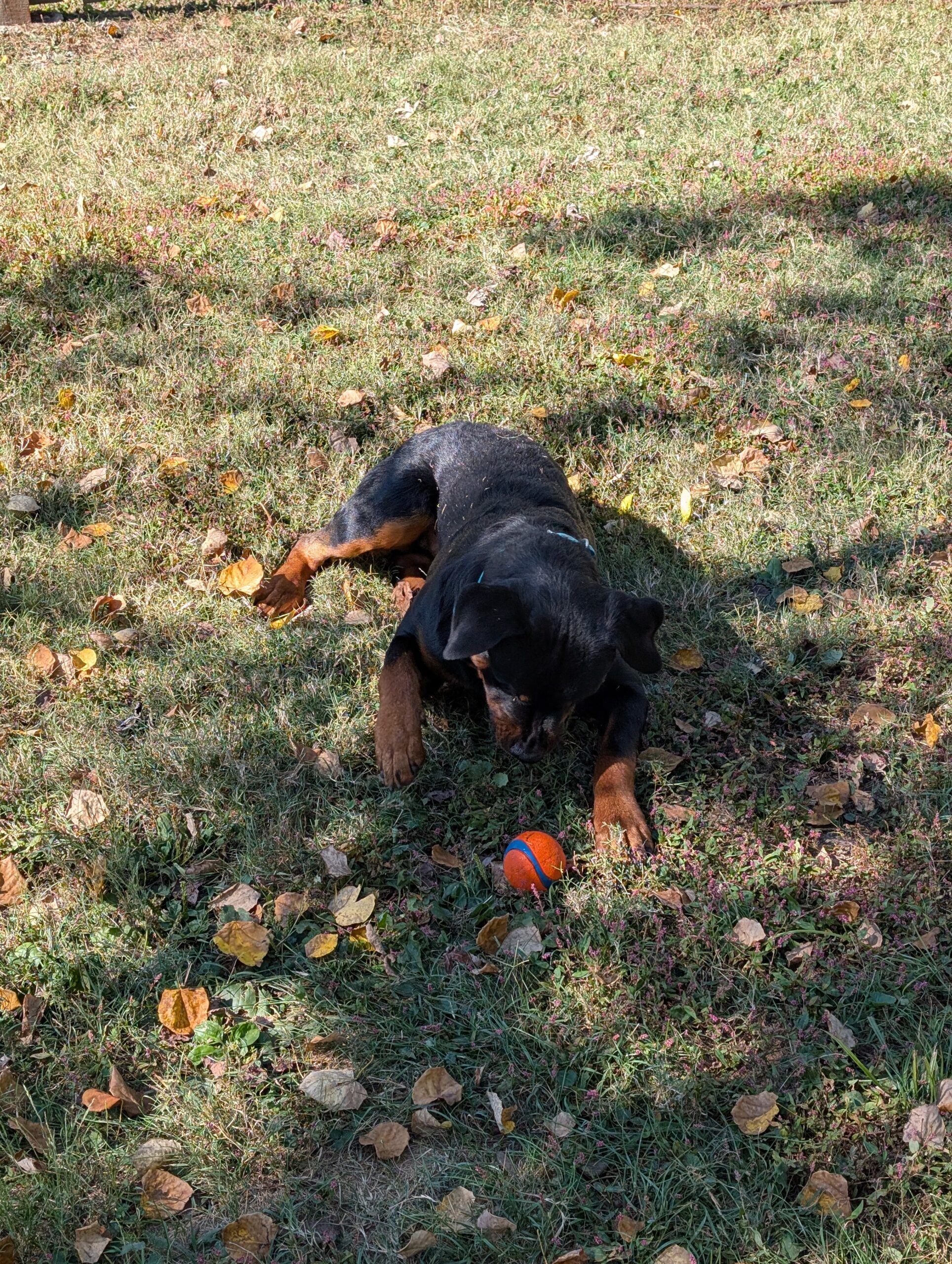If you have ever caught your dog doing the unthinkable in the yard, you are not alone. Many pet owners have shouted “No!” in disbelief as their pup decides to snack on something they should not. It is gross, confusing, and surprisingly common. So why do dogs eat poop, and how can you help them stop?

The scientific name for poop-eating is coprophagia, and it can happen for several reasons. According to the American Kennel Club (AKC), it is often instinctive. Mother dogs clean up after their puppies to keep the den clean, and some dogs copy that behavior or start doing it out of boredom, curiosity, or anxiety.
Medical issues can also play a role. The VCA Animal Hospitals explain that poor diet absorption, parasites, or nutrient deficiencies can cause dogs to crave unusual things, including feces. Making sure your dog’s diet is balanced and asking your vet about supplements can help rule out physical causes.
While most dogs do not get seriously ill from eating poop, it is still unhealthy. Feces can carry bacteria and parasites such as E. coli, Giardia, or Toxocara (roundworms). The Centers for Disease Control and Prevention (CDC) explains that Toxocara eggs can survive in soil and potentially infect pets or people who come in contact with contaminated areas. Eating feces also increases the chance of re-infection if your dog already has intestinal parasites.
Breaking the habit takes patience and consistency. First, keep the yard clean so there is no temptation. Dogs are opportunistic, and if it is there, they will try it. Make sure your pup gets plenty of exercise, playtime, and attention since boredom often triggers the behavior.
Diet can matter too. Ask your vet whether your dog’s food provides enough vitamins B and K or if they might benefit from a probiotic. Some owners use taste-deterrent supplements that make feces unappealing, but these should only be used under veterinary guidance.
Training also helps. Teach the “leave it” command and reward your dog for walking away from droppings. Supervise outdoor time until the habit fades. The American Veterinary Society of Animal Behavior (AVSAB) recommends using positive reinforcement instead of punishment to build better habits and reduce anxiety-related behaviors.
At Doggy Doods, we help families across St. Charles County keep their yards clean and safe for training success. Our pooper scooper service removes every trace of waste before your dog can get to it, which helps reduce the temptation to eat poop.
For dogs still working through this habit, our Bin Service is the perfect solution. We provide a sealed waste bin, replace the bag each week, haul away the waste, sanitize the bin, and even restock your doggy bags. That means no odor, no mess, and no chance for curious pups to get into what they should not.
If you would rather not deal with waste at all, we can handle it for you. Get your free quote anytime!
Learn why dog waste does not belong anywhere near your plants and how to keep soil and produce safe for your family.